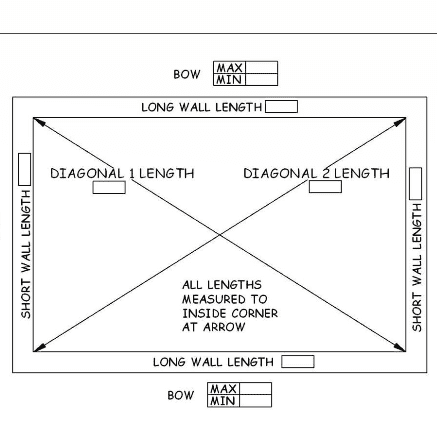The construction industry consumes more raw materials than any other sector in the global economy, accounting for more than 25% of the global total carbon emissions. In response, the Terwiliger Center for Innovation in Shelter set out to identify sustainable housing solutions that enable circular economies in regions with growing populations, particularly Mexico, Kenya, India and the Philippines. Desk research provided a landscape analysis of main opportunities, trends, private initiatives, barriers, key stakeholders, and policy options to promote and develop the circular economy in affordable housing in the regions of interest.
Secondary research was completed to identify main trends and solutions, combined with interviews with experts of the sector, with representation from the public sector, private sector, NGOs, and academia. Guided by the ReSOLVE Framework, data were synthesized to assess barriers and recommendations categorized as follows: (1) Circularity within the construction value chain, (2) Natural Construction Materials, and (3) Enablers and Barriers to Circularity.
Overall, the research yielded a variety of initiatives and technologies aimed at achieving a circular economy, with an emphasis on affordable housing. Important insights included the importance of participatory community approaches to housing development. Further, the investigation highlighted a vast array of existing technologies suited for developing affordable housing and financial platforms that serve the bulk of the population in the informal sector however currently lacking the significant investment required to scale at feasible speeds.
